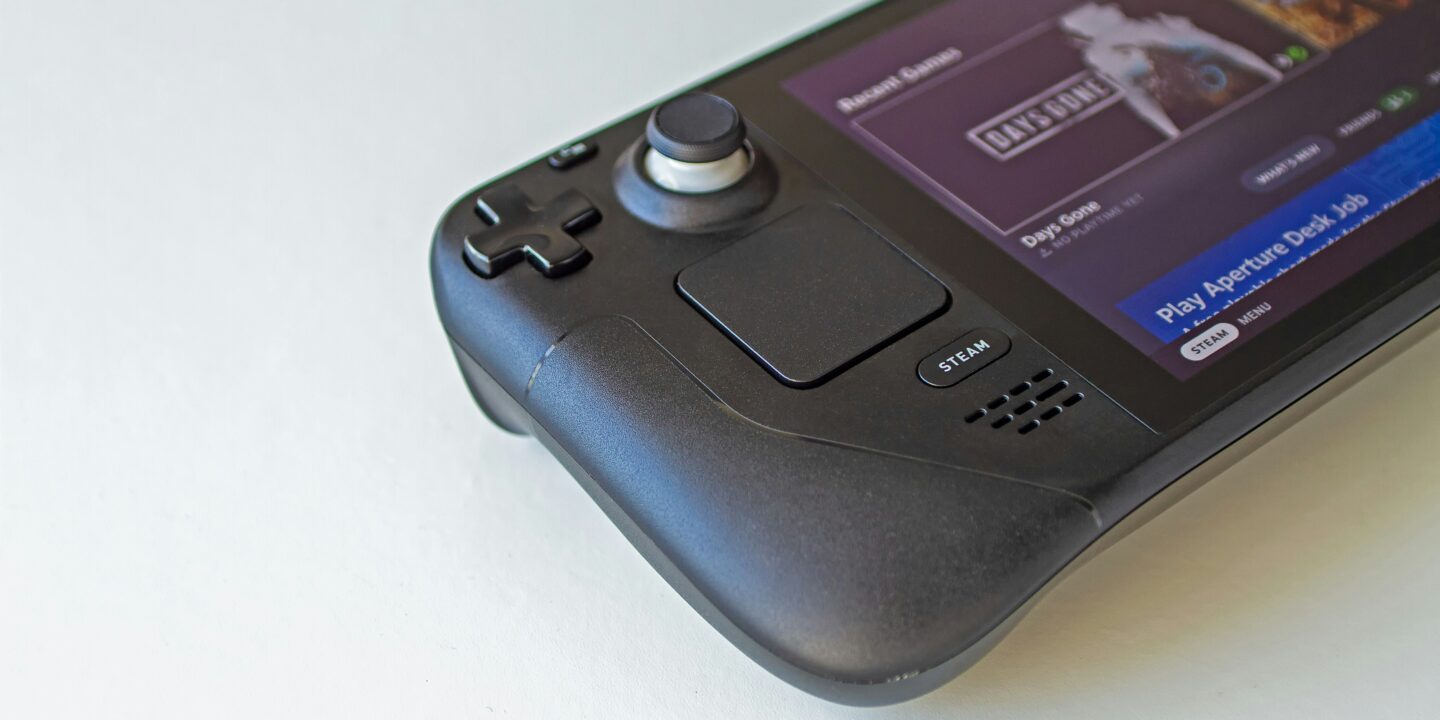
Welcome to the world where pressing buttons and navigating virtual landscapes can do wonders for your mental and emotional well-being! Yes, we’re talking about gaming. Contrary to popular belief, gaming isn’t just about entertainment; it offers a plethora of benefits that can positively impact your mind and heart. So, grab your controller or keyboard as we delve into the fascinating realm of why gaming is good for you!
The impact of gaming on mental health
Let’s kick things off by exploring how gaming can work wonders for your mental health. First up, gaming has been shown to improve cognitive skills and memory. The strategic thinking and quick decision-making required in many games can help sharpen your mind and keep those cognitive gears turning.
Additionally, diving into a game world can provide a much-needed escape from the stressors of everyday life. By immersing yourself in a virtual adventure, you may find that your stress and anxiety levels decrease as you focus on the challenges at hand.
Moreover, gaming has the power to boost your mood and happiness levels. Whether it’s achieving a new high score or completing a challenging quest, the sense of accomplishment that comes with gaming can leave you feeling fulfilled and content. So next time you pick up that controller or fire up your favorite game, remember that you’re not just having fun – you’re also giving your mental well-being a valuable boost!
A. Improves cognitive skills and memory
When it comes to gaming, many may not realize the positive impact it can have on cognitive skills and memory. Playing video games challenges your brain in various ways, requiring quick thinking, decision-making, and problem-solving skills. Whether you’re strategizing in a game of chess or navigating through a virtual world, gaming keeps your mind sharp and alert.
Furthermore, the need to remember complex instructions, maps, or sequences within a game can significantly improve your memory retention. Your brain is constantly being exercised as you recall information and apply it in different contexts while gaming. This mental stimulation can help enhance overall cognitive function over time.
Engaging in gameplay that involves puzzles or critical thinking tasks can also boost your ability to focus and concentrate for extended periods. As you immerse yourself in the virtual challenges presented by games, you are training your brain to stay attentive and responsive—a skill that carries over into real-life situations effortlessly.
B. Reduces stress and anxiety levels
Picture this: after a long day of work or school, you come home feeling drained and overwhelmed. The weight of the day sits heavily on your shoulders, and stress clouds your mind. This is where gaming steps in as a soothing escape from reality.
Engaging in gameplay can act as a form of relaxation, allowing you to immerse yourself in another world where the pressures of daily life fade away. As you focus on completing tasks and challenges within the game, your mind gets a break from constant worries and anxieties.
The interactive nature of gaming also triggers the release of endorphins, commonly known as ‘feel-good’ hormones that help reduce stress levels and promote feelings of calmness. By diverting your attention to the virtual realm, gaming offers a temporary reprieve from real-life stressors.
Whether it’s solving puzzles, exploring new environments, or simply enjoying some friendly competition with others online, gaming provides an outlet for releasing tension and unwinding after a hectic day.
C. Boosts mood and happiness
Have you ever noticed how playing your favorite game can instantly lift your mood and make you feel happier? Whether it’s the thrill of achieving a new high score or the excitement of exploring a virtual world, gaming has a way of boosting our spirits.
The sense of accomplishment we get from completing challenging levels or missions can give us a much-needed confidence boost. It’s like a pat on the back that reminds us of our skills and abilities. And let’s not forget about the pure joy and excitement that comes with unraveling a captivating storyline or engaging in friendly competition with friends.
In those moments when we’re fully immersed in gameplay, all our worries and stressors seem to fade away, allowing us to escape into a world where anything is possible. The positive emotions evoked by gaming can be powerful enough to brighten even the gloomiest days.
So next time you’re feeling down or overwhelmed, consider picking up your controller or logging into your favorite online game. You might just find that it’s exactly what you need to boost your mood and bring some happiness back into your day.
The emotional benefits of gaming
Engaging in gaming not only stimulates our minds but also nurtures our emotional well-being. Through online multiplayer games, players have the opportunity to form meaningful connections with others from all around the world. These interactions foster a sense of community and belonging, enhancing social relationships and reducing feelings of loneliness.
Furthermore, gaming can help individuals develop empathy and emotional intelligence by immersing them in diverse storytelling experiences that evoke various emotions. By navigating complex narratives and making decisions that impact virtual characters, players are prompted to consider different perspectives and understand alternate viewpoints.
Moreover, achieving milestones within games provides a sense of accomplishment and purpose. Whether completing challenging levels or collaborating with teammates to achieve victory, these accomplishments boost self-esteem and motivation in both virtual worlds and real life.
A. Fosters social connections and relationships
Gaming isn’t just about playing alone; it can also bring people together and foster social connections. Whether you’re teaming up with friends for a multiplayer game or joining an online community, gaming provides opportunities to interact and bond with others who share your interests.
Through gaming, you can meet new people from around the world and form lasting friendships based on common experiences and goals. The shared excitement of overcoming challenges or working towards a common objective in a game can create strong bonds that extend beyond the virtual world.
Joining a guild or clan in an online game allows you to collaborate with others, strategize together, and build trust through teamwork. These interactions not only enhance your gaming experience but also cultivate valuable communication and collaboration skills that are transferable to real-life relationships.
Whether it’s cheering each other on during intense battles or celebrating victories together, gaming strengthens social connections by providing shared moments of joy, camaraderie, and support. So next time someone questions the social benefits of gaming, remind them of the friendships formed and connections made through this immersive hobby.
B. Increases empathy and emotional intelligence
Playing games can actually help boost empathy and emotional intelligence. When you immerse yourself in a game, you often take on the perspective of different characters, learning to understand their motivations and feelings. This process of stepping into someone else’s shoes can enhance your ability to empathize with others in real life situations.
Moreover, multiplayer games provide opportunities for collaboration and teamwork, encouraging players to communicate effectively and work towards common goals. These interactions can strengthen interpersonal skills and deepen emotional connections with others.
By navigating complex storylines and making decisions that impact the outcome of the game, players are also honing their emotional intelligence. They learn to manage their emotions, adapt to changing circumstances, and consider the consequences of their actions – all valuable skills that translate into real-world scenarios.
C. Provides a sense of achievement and purpose
In the world of gaming, every level passed and every mission completed brings a sense of achievement that boosts confidence. Whether it’s defeating a tough boss or solving a complex puzzle, the feeling of accomplishment is real.
The challenges in games mirror real-life obstacles, teaching players resilience and determination. As you progress through the game, you develop problem-solving skills and strategize to overcome hurdles. This sense of purpose drives motivation and perseverance.
Moreover, achieving goals within a game provides a tangible reward system that reinforces positive behavior. It instills a sense of mastery as players see their skills improving over time. The journey towards success in gaming parallels personal growth in the real world.
This fulfillment gained from conquering virtual challenges can have ripple effects on one’s self-esteem and overall well-being beyond the screen.
Common misconceptions about gaming
Common misconceptions about gaming:
Despite the numerous mental and emotional benefits of gaming, there are still many misconceptions surrounding this popular pastime. Some believe that gaming is a solitary activity that promotes isolation and laziness. However, with the rise of online multiplayer games and virtual reality experiences, gaming has become a social platform where people from all over the world can connect and interact.
Another common misconception is that gaming hinders productivity and real-world success. On the contrary, studies have shown that playing video games can improve problem-solving skills, strategic thinking, and creativity – all of which are valuable assets in today’s competitive job market.
It’s important to acknowledge that like any hobby or form of entertainment, moderation is key when it comes to gaming. As long as individuals maintain a healthy balance between their virtual adventures and real-life responsibilities, there’s no reason why enjoying a good game can’t be beneficial for both mental wellbeing and overall happiness.
So next time you pick up your controller or sit down at your computer to play your favorite game, remember that you’re not just having fun – you’re also giving your brain a workout, building relationships with others, and experiencing a sense of accomplishment. Gaming isn’t just good for you; it’s great!






















